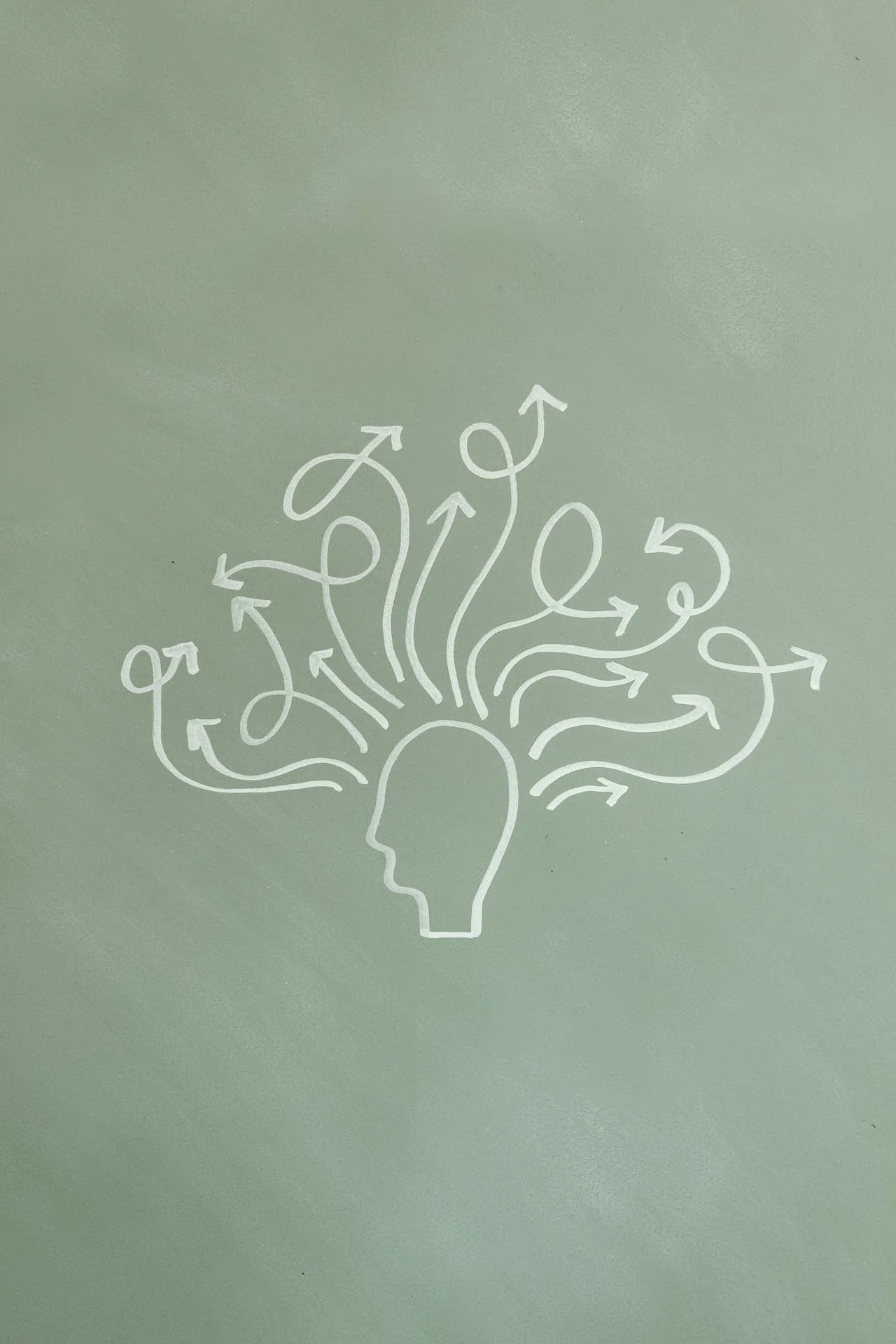Think about your life for a moment. Do you think it is a struggle? Are you generally unhappy? Is something or someone missing? Do you feel out of place?
Whether or not you answered yes to these questions, you are probably reading this article because you are searching for something meaningful in your life, or for a solution to change how you feel or behave.
The Redefine Yourself approach will serve as the catalyst for this change. During this transformation process, the primary focus of physical and personal change isn’t just nutrition and exercise. It’s a targeted focus on awareness, acceptance, and adaptive strategies. Each word is individually significant but most powerful as a sequence.
As you integrate the Redefine Yourself approach into your life, you will refine your perspective and understand why you:
Do what you do.
Can’t reach your goals.
Find yourself in the same destructive position repeatedly.
Date the same type of person with or without the same hair color and allow the relationship to last six months to twenty years too long.
Complain about everything in your life to your friends, who then end up complaining about your complaining, and so forth.
Can’t reach your best physical, emotional, and mental self.
Live an unhappy and unfulfilled life.
Beginning Your Journey
Redefine Yourself will help you understand and redefine the very essence of YOU. It is the answer to your perpetual failure to achieve the happiness and success that you desire. You’ll uncover your shocking inner self that has undermined your efforts everywhere from the gym to the workplace.
By the end, you’ll incorporate the simple approach that will not only reshape your life, but positively impact the people around you. Most important, you will remove the invisible obstructions that hold you back from achieving personal success!
Redefine Yourself will become the “in-your-pocket” resource for daily change. It exemplifies a new generation of health and fitness books that emphasize the mental and emotional “you” when pursuing personal and professional success.
You’ll utilize the following three-step process when confronting your inner influences and adapting new strategies:
1. Awareness
You are a detective collecting the truth of a moment, observing yourself and every movement, sight, touch, scent, and sound of the world. You are gathering evidence for the truth without judgment. Redefine Yourself will help you examine the most common mental and environmental influences on your happiness. This list includes self-talk, surroundings, emotional restraint, fears, insecurities, perceived control, decision-making processes, and belief in your abilities.
You’ll probably realize that one could write a separate book about each of these influences. In fact, you’ll easily find them in a bookstore or online, already written. But for the purpose of introducing you to you, I’ve only touched lightly on what you need to think about when examining yourself. We’ll call it a light stroke of awareness. At this point, you are just naming what you observe about yourself. While you may not entirely confront the reasons why you’re dealing with these challenges, the Redefine Yourself approach will help you accept these challenges and adapt successful strategies to overcome them.
Perhaps you already think that you are fully aware in your daily life. How do you know this? Is this truth based on assumptions or real evidence? Have you separated yourself from your mental judgment and just absorbed the world?
Most people answer no to these questions. You might do this occasionally but not often enough. Instead, you often take a leap of faith without stopping first. You jump, again and again, not knowing where you will land.
You live a forever-looking-forward existence. You pick up bits and pieces around you but never stop the train of life. “Not enough time,” you say. However, you make time for things that aren’t important to you. “I already know,” you say, but have never stopped to look and be certain.
Redefine Yourself isn’t the start of a gentle persuasion to do something. It is a knock on the head to make you realize that you’re not doing something that you think you’re doing.
You probably aren’t aware as much as you need to be. I know that you’ve made millions of decisions in your life and have survived thus far. How well have you lived up to this point, however? Could you have lived better if you just halted before reacting? Could you have prevented a disaster by looking in both directions first?
I once wrongly accused my girlfriend of being selfish while she was presenting a gift in her hands. Have you done something similar? I felt hopeless about my direction in life and my inability to change it, but I didn’t check to see that the truth was in front of me. Have you, as well?
Redefining yourself means becoming and staying aware. When you dedicate yourself to remaining aware before making a decision, judgment or movement, you are committing to a higher state of living. You are committing to seeing both the real perfections and imperfections of the world.
There is beauty in this awareness. Recently, my girlfriend and I went to a good friend’s wedding in Milwaukee. It started with an exchange of rings in the pews of the historic St. Josaphat Basilica and ended in the seventh-floor banquet room of the historic Pfister Hotel in downtown Milwaukee.
The highlight of the evening was the genuine love that I noticed during the father-of-the-bride’s speech. It was unbelievable! I was soaking in the aura of happiness that started in the cathedral eight hours earlier. The guests sincerely loved the couple, and there wasn’t a dry eye in the room. It was something special that I captured in that single moment. I always wonder how many of these moments—good and bad—I have missed while distracted with my selfish intentions or focus on my work.
I was not meant to change or add to this wedding moment. It already took motion without me in the picture. I was just a bystander.
There are many more moments, however, which require me to take action. I can make a change to help someone in need, or by removing myself from a situation.
Often, it doesn’t matter what leads to a moment. It only matters what you do with it. It requires a fair observation and assessment. This awareness will help you realize the real need to redefine yourself.
2. Acceptance
When you accept the influences mental and environmental factors have on you, you accept your situation, surroundings, and feelings at that moment. Then, you begin the appropriate adaptive strategies for positive change. You are putting aside your emotional investment and other subconscious influences to start over and redefine you.
Although your focus steers toward your mindset and the environment during a period of awareness, you mustn’t dwell on the imperfections of you, your situation, and your surroundings. Additionally, you mustn’t fixate on imperfect pieces of life that are unchangeable at the moment. Before adapting new strategies to redefine yourself, you must accept these things in their current state.
Acceptance isn’t easy and is a common reason people choose to be less aware of themselves and the world. It took me awhile to understand why people don’t stop and “open their eyes.” When I did, it made sense: people don’t want to. “Ignorance is bliss! The real world stinks!” The world is imperfect, and this is hard to accept. Instead, they construct a rose-colored reality to mask the blight and scathing.
If this is so effective, why are so many people still unhappy? It seems that our instinctive selves always recognize the truth despite our best efforts to ignore it. Our subconscious taps us on the shoulder but doesn’t push us over. It just reminds us that it’s there and tells us what we should do (even though we don’t always do it).
It’s our gut barking, and many people are scared to face it at times. They’re afraid to identify imperfections in themselves and their environment and new challenges.
Frederick Douglass, a former slave and leader in the abolitionist movement, echoes this in his narratives:
“…I would at times feel that learning to read had been a curse rather than a blessing. It had given me a view of my wretched condition, without the remedy. It opened my eyes to the horrible pit, but to no ladder upon which to get out. In moments of agony, I envied my fellow slaves for their stupidity. I often wished myself a beast.”
What an unbelievable quote! Even a man of vigor and ambition like Frederick Douglass questioned being fully aware because of the great truths that he faced.
You may not share the terrible circumstances that Mr. Douglass did as a slave. You’re fortunate for this. Nevertheless, there may be an unpleasant reality that might show itself, now or later, when you “open your eyes.” To make it worse, you may not know how to handle it or what to do with this new information. You’re afraid to recognize that you chose the wrong career, but you depend on it financially. You’re scared to accept that you chose the wrong spouse, but you’ve already raised two kids with him or her.
No matter what action you eventually pursue, you can accept your current situation. You can accept that knowledge is power even though you can’t always change it.
What’s the point of being aware if you can’t always change it then? It helps you understand the world. It helps you understand you. It helps you understand the subtle influences on your behavior, choices, and personality. It helps you recognize what you need to do to be happy.
You’re not always given an answer, a path, or the next step when you become aware. Realizing how much you have gained or how isolated you’ve become because of your job won’t be rectified as soon as you notice it.
It’s worth knowing, though, in order to achieve a greater purpose: Living a better, happier life. You can’t redefine your life without knowing its current shape and accepting it.
Moving forward or redefining yourself can’t occur unless you can learn to accept the way a situation is at a given moment. Otherwise, the insight you gain regarding practical decisions and solutions to problems are fruitless.
I struggled with this for a while. I realized that I wouldn’t let go of my emotional investment in my personal and professional lives. I wouldn’t accept that my marriage wasn’t working. I didn’t accept that the website design I worked on for two months wasn’t right.
Now is the time to trust your instincts, your gut, and your perspective. Put aside your emotional investment and don’t be afraid to start over. ACCEPT it and move on. When you don’t accept it, tell yourself again and again and again that you should.
3. Adaptation
Once you’re aware of the challenges you face and you choose to accept them, you are ready to handle your current and unforeseen obstructions to happiness. You will be prepared to adapt your lifestyle and utilize adaptive strategies that apply to multiple facets of your life. The specific solution may be different depending on the situation, but the foundation of your approach won’t change. You are just modifying the approach based on new conditions, needs, or wants.
You will also integrate new strategies to practice mindfulness, solve problems, accumulate wisdom through error, create new habits, clarify your purpose, self-police your life, define your boundaries, develop goals to steer positive behavior, and create conversations with others.
Please keep in mind that adaptation means taking action. You are not a bystander in this process. Here are several examples:
Is your friend is a selfish jerk? Accept All-About-Me Julie as she is and ignore her selfish tendencies, discuss how her actions make you feel, or begin dismantling your friendship.
Do you think the president stinks? Accept that the president (insert Republican, Democrat, or Independent here) is the leader of the United States and ignore his political decisions, get involved with politics, or make a grassroots effort for change.
These examples are another way of saying, “Quit complaining and do something.” Complaining is primarily an emotional output, the result of boredom or simple conversation lacking any substantial or functional value. On the other hand, adaptation isn’t complaining about what you found and sharing how horrible it is for anyone who is or isn’t interested in listening. When you develop an evidence-based strategy and choose the best possible decision, you are effectively adapting your life.











